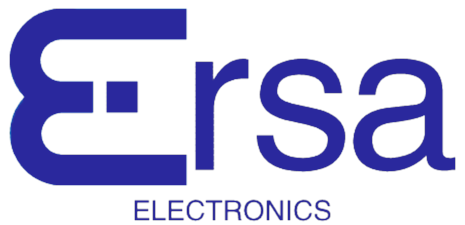TCAL9539-Q1
The TCAL9539-Q1 is a high-reliability I²C-bus and SMBus-compatible 16-bit I/O expander designed for automotive applications, manufactured by Texas Instruments. It features 16 general-purpose bi-directional I/O ports that can be individually configured as inputs or outputs, offering flexible control over peripheral devices in complex systems. Each port includes configurable pull-up resistors, allowing for efficient interface with external components without requiring additional external pull-up elements.
This device operates across a wide supply voltage range of 1.65 V to 5.5 V, making it suitable for various power domains in automotive environments. Its low-power design supports both active and standby modes, minimizing system power consumption during idle states—critical for battery-powered or energy-efficient vehicle subsystems. The TCAL9539-Q1 also provides hardware-based input debouncing, which enhances reliability in noisy electrical environments commonly found in automotive settings.
Designed for robustness, the TCAL9539-Q1 meets AEC-Q100 Grade 1 qualification standards, ensuring it withstands harsh conditions such as temperature extremes (–40°C to +125°C), vibration, and electromagnetic interference typical in automotive systems. The chip supports standard and fast-mode I²C/SMBus communication at up to 400 kHz, enabling seamless integration into existing vehicle networks without requiring protocol modifications.
Each I/O port can sink or source up to 25 mA of current, supporting direct drive of LEDs, relays, and other small actuators. Additionally, the device includes interrupt output functionality that signals when any I/O port changes state, reducing microcontroller polling overhead and improving system responsiveness. This feature is especially useful in safety-critical applications where timely response to input changes is essential.
The TCAL9539-Q1 is widely used in automotive infotainment systems, body control modules, lighting control units, and sensor interfaces. Its compatibility with automotive-grade protocols and reliable operation under extreme conditions make it ideal for applications demanding high availability and long-term performance. With support for multiple address pins, up to eight devices can share the same bus, enhancing scalability in complex electronic architectures.
Related Parts
| 부분 # | 제조업체 | 설명 | 유효성 | 가격 | 수량 |
|---|---|---|---|---|---|
 TCAL9539RTWRQ1I/O Expanders | Texas Instruments | AUTOMOTIVE 16-BIT LOW VOLTAGE IC | 61 | 1+: $1.60790 10+: $1.41600 30+: $1.27970 |







.png?x-oss-process=image/format,webp/resize,h_32)










